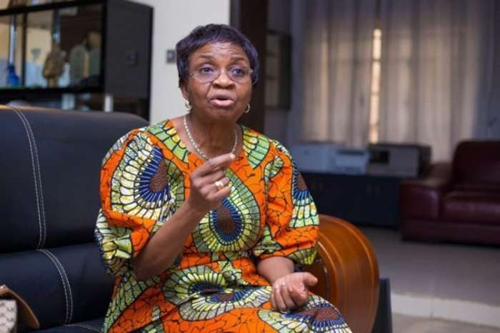I met Aisha at the Bakassi camp in Maiduguri while listening to several Internally Displaced Persons share the stories of how they lost their all, including family members.
There was excitement at the camp this particular day because KIRWA Foundation in partnership with Rehoboth Foundation visited to distribute a container of food.
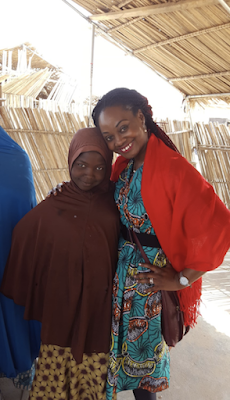 |
|
|
She stood out in the midst of the excitement, wearing a maroon hijab. Her face looked hungry, but not for food.
“Hello, my name is Aisha, and all I want is to go back to school,” she said when she made her way to where I was.
My heart ached as I held Aisha Ibrahim, an 11-year-old orphan who wanted nothing but to complete her education. I gathered that before Boko Haram killed her parents, she was a student at Yerwa Government Girls’ Secondary School, Maiduguri. Now she’s living at Bakassi camp in custody of the only family member she has left, her mother’s younger sister.
She wants to resume JSS 2.
“How much is your school fees?” I asked
“One thousand Naira,” she said.
I was surprised that her education could be on hold because of one thousand Naira (A little less than $3). She looked pained and about to cry.
“Don’t worry, you’ll go back to school,” I said. She smiled faintly as I hugged her.
“There is a free school at the IDP camp, but I want Yerwa Girls’ School,” she said.
When I asked about the free school at the camp, I was told we were standing in it.
I looked around, though the floor was cemented, there were dried leaves in place of walls and roof. No blackboard, no chairs. She told me the standard of the school at the camp was too low.
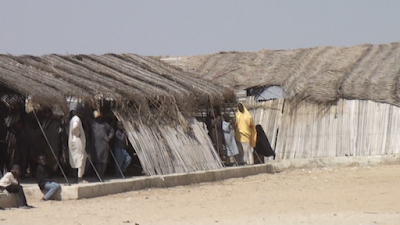 |
| Classrooms made with dried leaves |
When I left Aisha, I noticed other classrooms. Some have roofs, but no brick walls. When my contact later showed me Yerwa Government Girls’ Secondary School, I could see why it’s Aisha’s dream school. Less than 15 minutes drive from the IDP camp. It had a fence. There were solid buildings made of blocks and cement with doors, windows, and roofs. The buildings were painted cream. There’s a library, and there were tables and chairs. It’s a boarding school. Malala Yousafzai, the Pakistani activist for female education and the youngest Nobel Prize laureate who was once shot by the Taliban gunman, once visited the school.
Before leaving Maiduguri, I ensured that Aisha smiled. After giving her some pocket money, I arranged for her to go back to school. I left enough for school fees for three terms, money for two new uniforms, new shoes, and some pocket money with my contact.
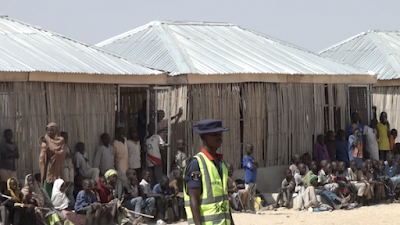 |
| Roofed Classrooms at the camp |
“If she completes the three terms, I’ll continue,” I said.
Back in Lagos, I was waiting for my flight when I got a call from my contact. “I’m sorry, but we have to return the money,” she said.
“What happened?” I was puzzled
“Her aunt has refused to release Aisha,” she said. I was baffled.
My contact explained how she pleaded with the woman to let Aisha go back to school to no avail.
“She believes we’re trying to take Aisha away from her, and she insists Aisha is the only relative she has left, so she will not release her.”
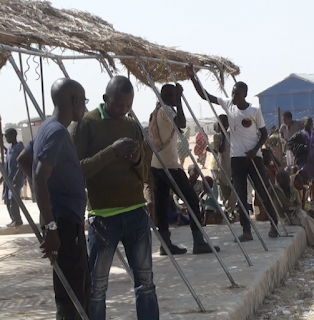 |
| Classrooms at IDP camp |
Aisha’s aunt is afraid of losing the only family member she has left. Boko Haram killed all her family members, so she’s been traumatized and understandably afraid. My contact offered her a job, so she could be close to Aisha’s school, she refused!
“Please keep the money,” I said. “I’ll pray, and I’ll see if anyone can help us convince the aunt. Give her time; sometimes people come around.” I added.
School resumes on January 7th. I’m pleading with anyone reading this who may know an influential person in Maiduguri that can help convince the aunt. The insurgency has resulted in more than 50,000 orphans. Most of them are no longer in school, and their fate is now being decided by relatives. Aisha is just one of thousands of children in the same situation.
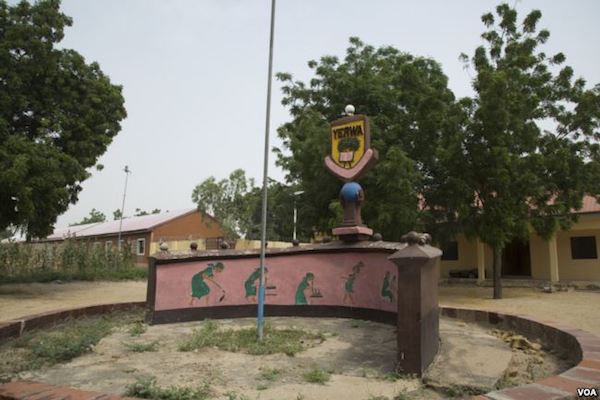 |
| Yerwa Government Girls’ Secondary School |
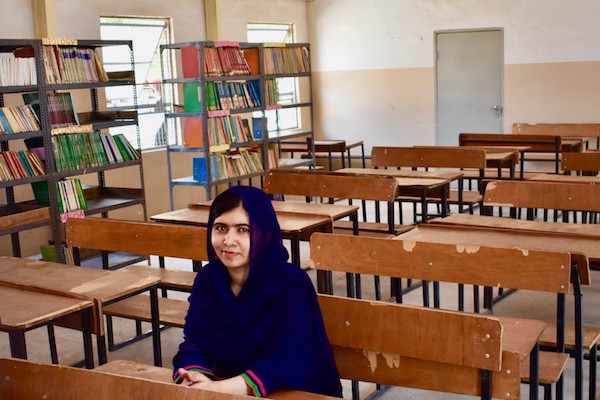 |
Malala At Yerwa Girls’ Secondary School’s Library |
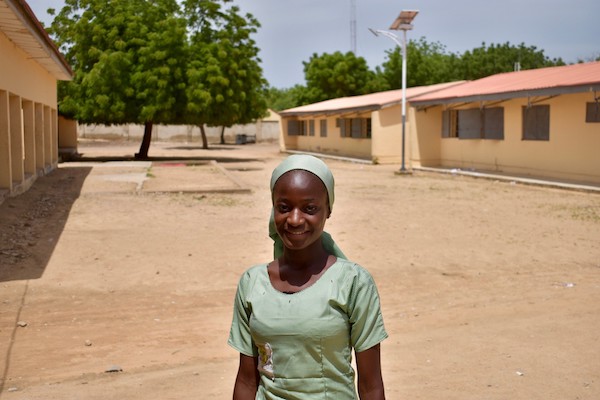 |
| A Student At Yerwa Government Girl’s Secondary School |









